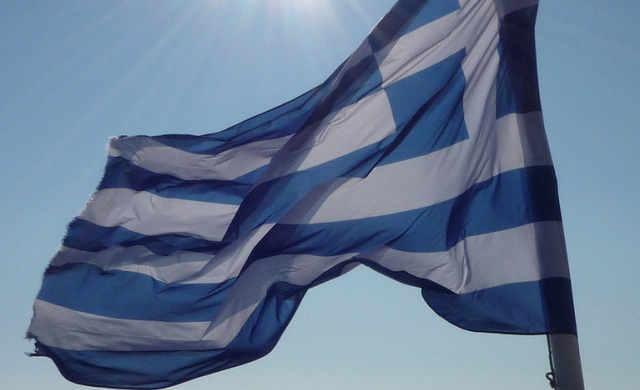No less than the International Monetary Fund (IMF) itself admitted it had misgivings in the handling of the Greece bailout.

In a 50-page report prepared by an inter-department staff team at IMF, the Fund admitted it bent its own rules to accommodate a bailout of Greece in 2010 for fear that not doing otherwise would risk spreading the crisis in the Eurozone.
According to the Fund, in order for an “exceptional access” to funds be provided, Greece had to meet four criteria, but its ex post evaluation revealed the Fund stretched its rules further to accommodate Greece and provide 27% of the €110 billion rescue package the Troika (composed of the IMF, European Commission, and the European Central Bank) released to prevent the economy from collapsing.
At €30 billion, Greece received the largest sum of financial assistance any country had ever received from the IMF, equivalent to 3,212% of its quota contribution to the Fund.
Of the four criteria, it was on the “high probability of public debt being sustainable in the medium term” that the IMF stretched its policies – although the report categorically stated the action was legal – by attaching a proviso that should debt be unsustainable there was a “high risk of international spillover effects”, justifying the Fund to approve the exceptional fund program.
“Given the danger of contagion, the report judges the program to have been a necessity, even though the Fund had misgivings about debt sustainability,” the report stated.
The report also admitted the Fund’s expectations were very optimistic; hence macroeconomic results were below targeted outcomes, with the staff who prepared the report admitting that the program was “ambitious” in its targets.
Mixed Results
However, a year after the program was implemented, the report admitted mixed results of successes and failures.
A most notable success, the report stated, was Greece’s continued membership in the single currency market but serious failings on the objectives of the rescue were not met, including the failed restoration of market confidence, deeper-than-expected recession, high unemployment, and high public debt.
The report also stated that debt restructuring would have had placed Greece in a better position, but was ruled out as it posed a moral hazard. Debt was eventually restructured in May 2012 as part of the second rescue package given to Greece.
In its executive summary, however, the report stated the Fund itself has a need to refine its policies and framework to “better accommodate the circumstances of monetary unions” as in the case of Greece as a member of the 17-nation single currency market.
The report, however, stated that its findings may not reflect the view of the Executive Board of the IMF.


 Hot Features
Hot Features













